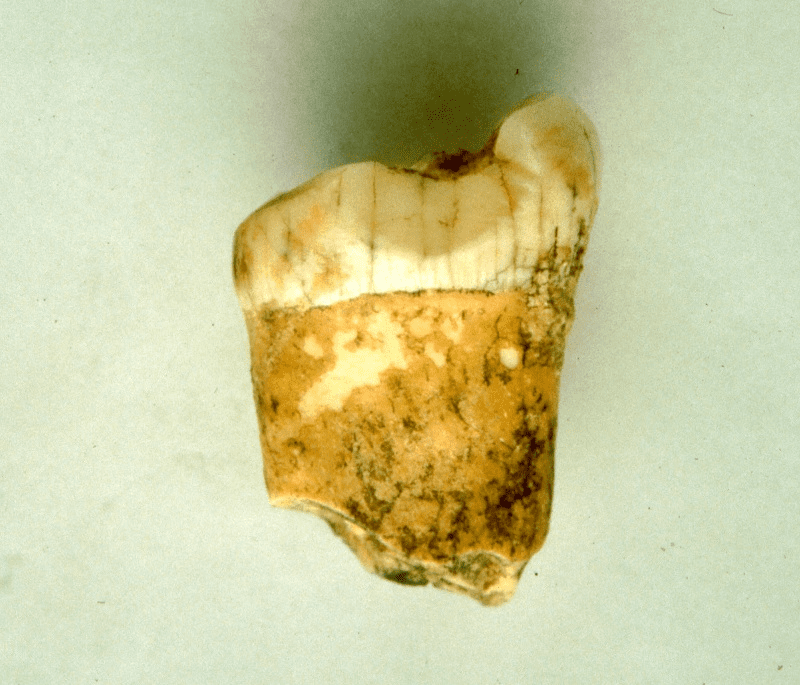Numerous investigations have failed to identify the Neanderthal diet. However, new research seems to have found the answer using a novel approach to sampling ancient remains. For the first time ever, zinc isotopes from Neanderthal tooth enamel were used for research, revealing that they were most likely carnivores, not vegetarians.
Working with specimens over 50,000 years old can be tricky when it comes to trying to establish an animal’s position in the food chain. Looking at nitrogen isotopes taken from bone collagen is one approach that’s been used for Neanderthal remains in the past, but its specificity for specimens found in temperate regions with collagen intact means it isn’t always suitable.
To overcome this limitation, researchers of a new study became the first ever to use zinc isotopes taken from tooth enamel as a way to investigate the diet of a Neanderthal. Zinc isotopes are known to be negatively correlated with carnivory: low concentrations mean a highly carnivorous diet, while high concentrations point more to plant-based foods.

The Neanderthal’s first molar used for the study. Image credit: © Lourdes Montes
They tested samples from a Neanderthal molar (tooth studies have previously revealed drug use) alongside the bones of other animals alive at the time – including lynxes, wolves, and chamois – to look for zinc isotope concentrations.
The results revealed that this individual’s diet likely consisted of lots of meat, as it was most similar in zinc isotope concentration to that of carnivores around at the same time.
“Meat consumption is supported by both the zooarcheological data at Gabasa and enamel analysis,” write the authors. “Furthermore, the low [zinc] isotope ratio observed in the single measured Gabasa Neandertal specimen suggests that this individual might have had a distinct diet compared with other carnivores (possibly avoiding the consumption of bones and blood)…”
Broken bones found at the site also point towards a carnivorous diet for our Iberian Neanderthal that was weaned around age two, according to chemical analyses, and probably died where it grew up.
As for why we’re still so interested in the diet of our long-lost ancestors, its significance comes into play when we consider why they went extinct. Many arguments lean on the assumption that a specific diet strategy eventually left them without the food they needed to survive, whatever that might be.
Not only does this latest research claim to have found an answer to that question, but it has also established a new approach for testing Iberian skeletal remains that are over 50,000 years old (features that historically have made nitrogen isotope testing unreliable or impossible).
The study was published in PNAS.
Source Link: Neanderthals Were Carnivores With A Taste For Meat But Not Blood